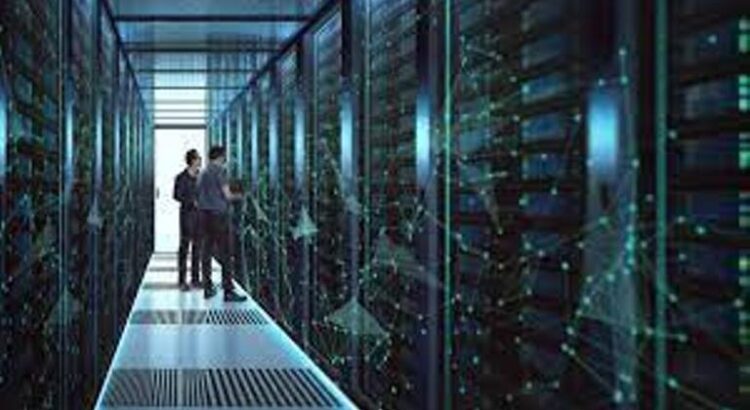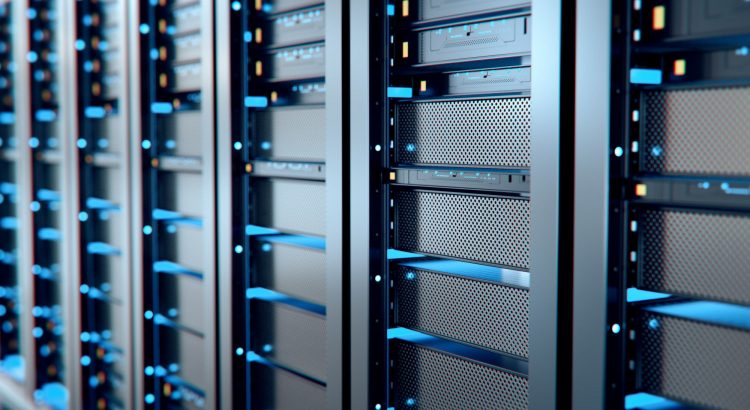When choosing a data center, there are several things to consider. However, what best suits your firm is always the most crucial query.
Before selecting a choice, you should be aware of the following:
What Type Of Company Do You Run?
What kind of data center setup best suits your needs will depend on this. For instance, a non-profit will search for one that considers sustainability and offers a non-profit discount of some kind. On the other hand, governments will demand a particular level of security and a number of requirements that must be met.
What Services Does Your Company Offer?
Most firms will start with IaaS as their base case but having the flexibility to add PaaS and SaaS choices might make or break the decision. In addition to using your own server hardware, it’s a good idea to have access to a virtualized environment that you may utilize as needed.
What Capacity Do You Need?
You want to be able to grow and expand without being constrained by data center capacity. One choice is to reserve several resources in advance at a discounted rate till use.
It’s time to start limiting the possibilities based on expenses, redundant operations, and other technical measures that are easier to understand if you have a solid understanding of your goals and what’s available in the market.
Contact Electric Kitten immediately if you need a reliable Los Angeles colocation or LA web hosting company. They have been offering trustworthy web hosting services for over 20 years. Give them a call if you’re in the Southern California region.

